Am I allowed to check other resources, like Wikipedia to get an idea about the topic, or will that influence me and maybe lead to plagiarism?
You may look at all kinds of resources to get an idea and to take notes from. Ideally, you use several science-based sources for your research and re-write texts and notes significantly, so it would not be deemed plagiarism.
What are some good scientific sources I could use?
Wikipedia is a good starting point to get a general background. The short videos from the
Kurzgesagt series and
National Geographic 101 series
on space topics are also useful. Nature and other scientific publications of research papers are also good sources to find example applications or new information. Please also add the sources you used and you recommend at the end of the form in APA format.
How long should I be writing for each (short and long definitions)?
The short one should be a complete, but very short definition of 2-3 sentences. It should include a sentence starting with the term to be defined, the 'is' and after that the superordinate term along the lines of: 'A cat is a mammal' or 'Space debris, also known as space junk is man-made objects in space that is not needed or usable anymore. The longer definition need to repeat the first sentence and can just continue on with further additional information, like examples, applications, related fields and interesting facts for 4-6 more sentences.
What are the Alliance Partner languages and can I use other ones I know?
The Alliance partner languages are ones that the UNIVERSEH- the University of Earth and Humanity - and it's connected universities in France, Belgium, Luxembourg, Germany, Poland and Sweden use. Therefore, we would like you to add the translations in any of those languages and, of course, any other languages that you speak, be they European or from further away. So far, we also have translations in Russian, Ukrainian, Hindi and Chinese, besides the languages from our partner universities.
How can I make sure my name or email address won't be used?
If you don't provide either name or email address, your contribution is anonymous and your name will not appear on anything. We have made sure our website is certified by the Heinrich-Heine University IT staff to be secure and to safeguard the users.
Why should I take the time to write a definition? What is in it for me?
You are contributing to the first open, online Dictionary of Space Concepts that will be also used for the online learning platform of all space-related UNIVERSEH courses. A complete entry will enable you to get your name on the website as one of the contributors and/or a certificate, if you choose to. You also have the option to participate in the collection, analysis and evaluation process of this Citizen Science project and improve your skill-set and understanding of not only space science, but also research.
What if I don't have time to finish the definition and send it off incomplete?
We will decide how much more work the completion of these sources need and might be able to finish the definition to publish it. In that case, you can still get your name on the website as one of the contributors and get a certificate, if you leave your name. If you leave your email address, it would only be used to contact you in case we have questions.



